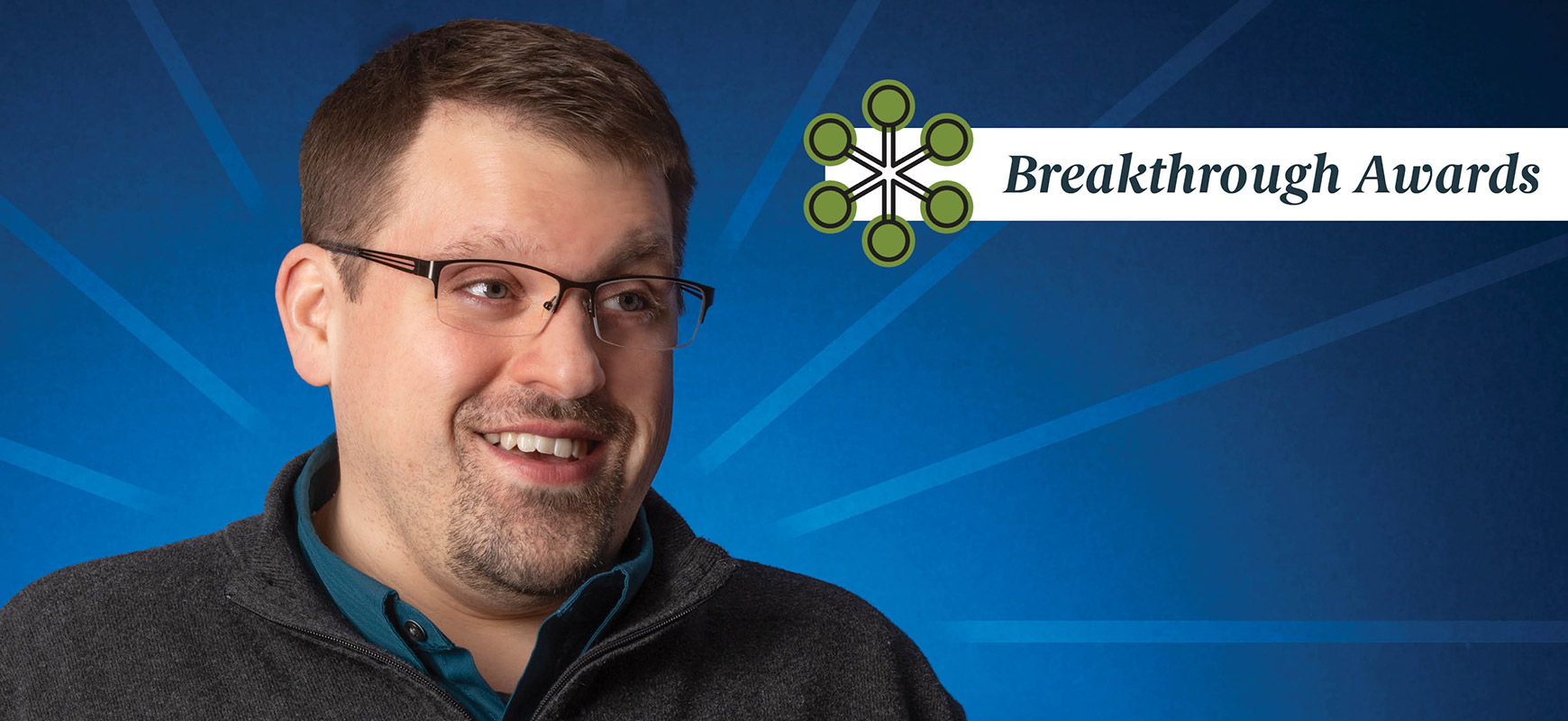
Compounding the solution
Upping the ante on undergraduate research
Posted on: June 28, 2019; Updated on: June 28, 2019
By Craig Brandhorst, craigb1@mailbox.sc.edu, 803-777-3681
Teaching at a primarily undergraduate institution doesn’t mean you can’t do important research. And attending one as a student shouldn’t preclude the formative experience of immersing oneself in a lab.
Just ask Joshua Ruppel, associate professor of chemistry at the University of South Carolina Upstate. In 2016, Ruppel and collaborator Nicole Snyder, of Davidson College, were awarded a three-year $400,000 grant by the National Institutes of Health. Their project? To study the interaction of certain compounds with protein receptors on cancer cells.
The award was a boon for Ruppel’s research, and long term, it has the potential to inform future cancer therapies and diagnostic methods. In the meantime, the project is paying fast dividends for Ruppel’s undergraduate students, who have been learning how to synthesize compounds for study in the lab — and in the process, learning what it means to be a bona fide scientist.
We have a lot of different types of students and different populations that we’re serving. We need to be able to provide them some sort of financial backing so that they don’t have to choose between paying the bills and getting valuable experience.
Joshua Ruppel, chemistry, USC Upstate
“We do a lot of hands-on training for the first couple months that they’re in my lab, and then after that I really try to step back and let them become more independent,” says Ruppel. “It helps with their confidence, not only in the lab but in themselves.”
It’s a learning curve of the best kind, a real-world lesson in what it means to conduct original research.
“I have to remind them that when we’re doing research, no one really knows the answers yet,” Ruppel says with a laugh. “I tell them, ‘You are literally the first person to do this — you need to figure this out!’
“When we have those types of conversations, they’re usually taken aback a little bit. It’s dawning on them that they really are doing research, they really are doing science. They can’t go look it up or ask their professor.”
Ruppel’s own development was similar. As an undergraduate at the University of Central Florida, he didn’t truly know what it meant to pursue a career in research, much less an advanced degree, but he spent two years in a natural products lab, extracting compounds from plant matter found in mangrove forests, and it changed his trajectory.
“I found my niche when I did undergraduate research. That started the fire that led to graduate school and to me getting an advanced degree,” he says. “Now, it’s a pay it forward situation. I see myself in so many of my students. Providing these opportunities gives them a little bit of insight into what pursuing an advanced degree or a career in research might be like.”
But it’s not enough to provide opportunities, says Ruppel. Students who spend significant time in the lab also need financial support, particularly at a school like USC Upstate, where so many of them are working their way through school.
“We have a lot of different types of students and different populations that we’re serving,” he says. “We need to be able to provide them some sort of financial backing so that they don’t have to choose between paying the bills and getting valuable experience.”
Enter SC INBRE — South Carolina IDeA Networks of Biomedical Research Excellence — a program funded by the National Institutes of Health to increase NIH research capacity in the state. In late 2018, Upstate was invited to join the program, which provides educational, workplace and career development, and hands-on research training at multiple institutions statewide. Pending funding approval, this will help launch an eight-week summer research program by supporting five to six faculty researchers and up to 12 student researchers yearly.
For Ruppel, membership in INBRE could be a game changer at the primarily undergraduate institution.
“It has the potential to really change the culture,” he says. “I don’t expect it to happen overnight, but I think at the end of five years we will have changed in terms of our focus on undergraduate research and how we’re promoting those types of experiences.”
Share this Story! Let friends in your social network know what you are reading about